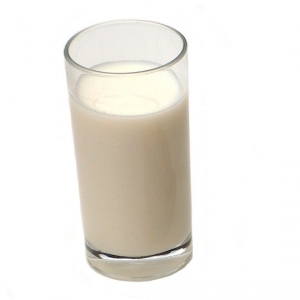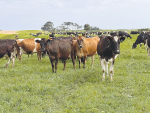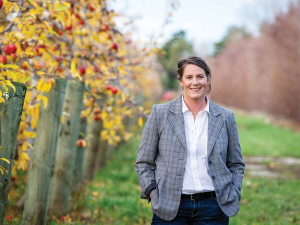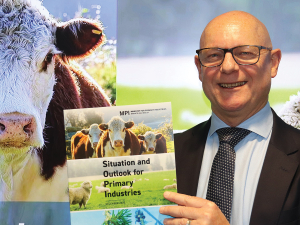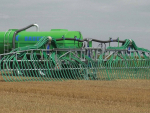NEW ZEALAND is bowing to international pressure by introducing new milk cooling rules for dairy farmers.
Most farmers must upgrade farm milk chillers to comply, costing $5000 to $100,000.
The new MPI regulations require farmers to hold milk at 6oC or cooler until the tanker collects. Present rules allow milk to be cooled to 7oC within three hours of milking and until collection. In Australia milk must be cooled to 5oC within 3.5 hours of milking; in China to 4oC within two hours of milking. In the EU, milk collected daily must be kept at no more than 6oC if not collected daily.
The deadline is August 1, 2016 for new farms and those upgrading cooling systems. Enforcement on all other farms starts January 1, 2018.
Fonterra food safety technical adviser Tim Johnstone last week told farmers at a Smaller Milk and Supply Herds (SMASH) field day that the regulations aim to satisfy international markets. “That’s the big one essentially driving the new regulations”.
New Zealand’s rules for raw milk storage are not as stringent as those of its major trading partners China, Russia, Australia and the EU; standards are on par with the US.
Johnstone says during audits of New Zealand farms, overseas regulators question why our milk cooling is out of line with the rest of the world. “We’ve been getting away with… arguing that our milk quality is above everyone else’s.”
Paul Donderwinkel, director of Matamata refrigeration company Centigrade, says there won’t be a “one size fits all” solution; rather, daily milk volume on each farm will determine the cost, “on average $5000 to $100,000,” he told Rural News.
Corporate farmers are more amenable to the new rules than are family farmers, the latter being “a bit more reluctant to embrace the proposed regulations.” – Sudesh Kissun





